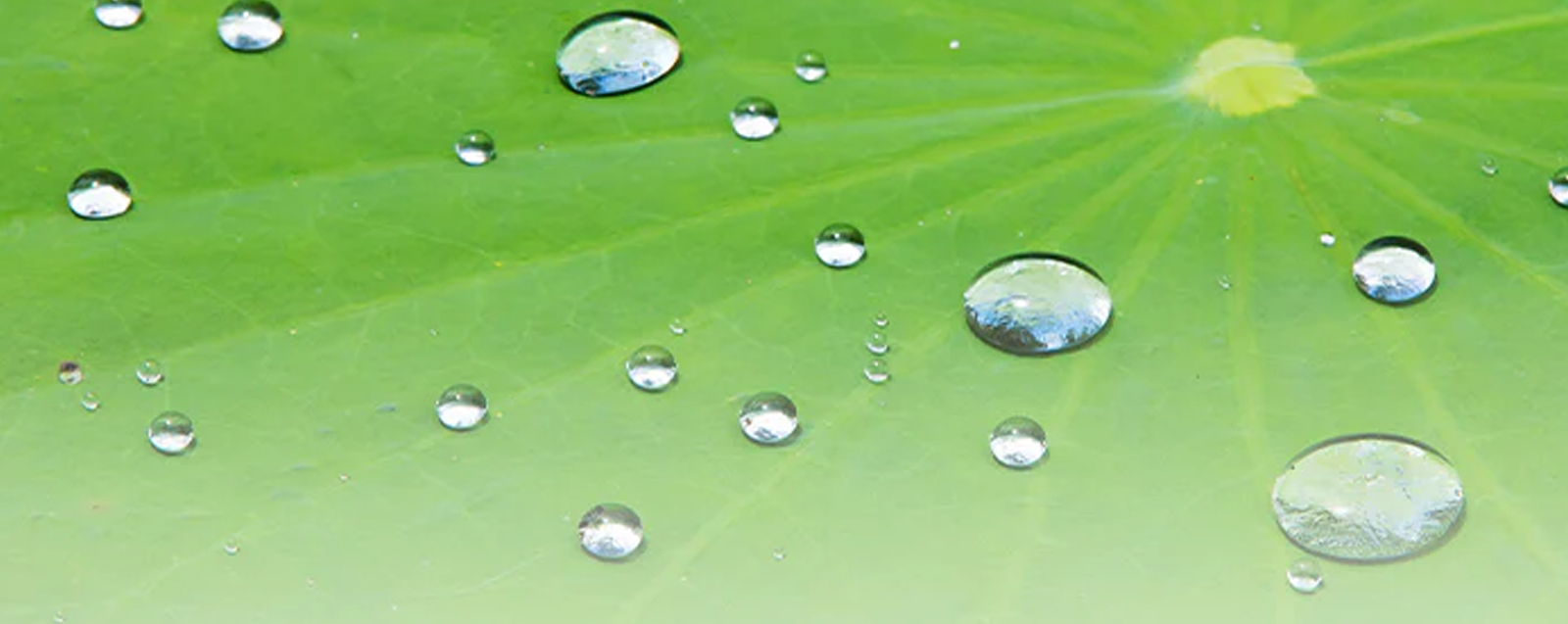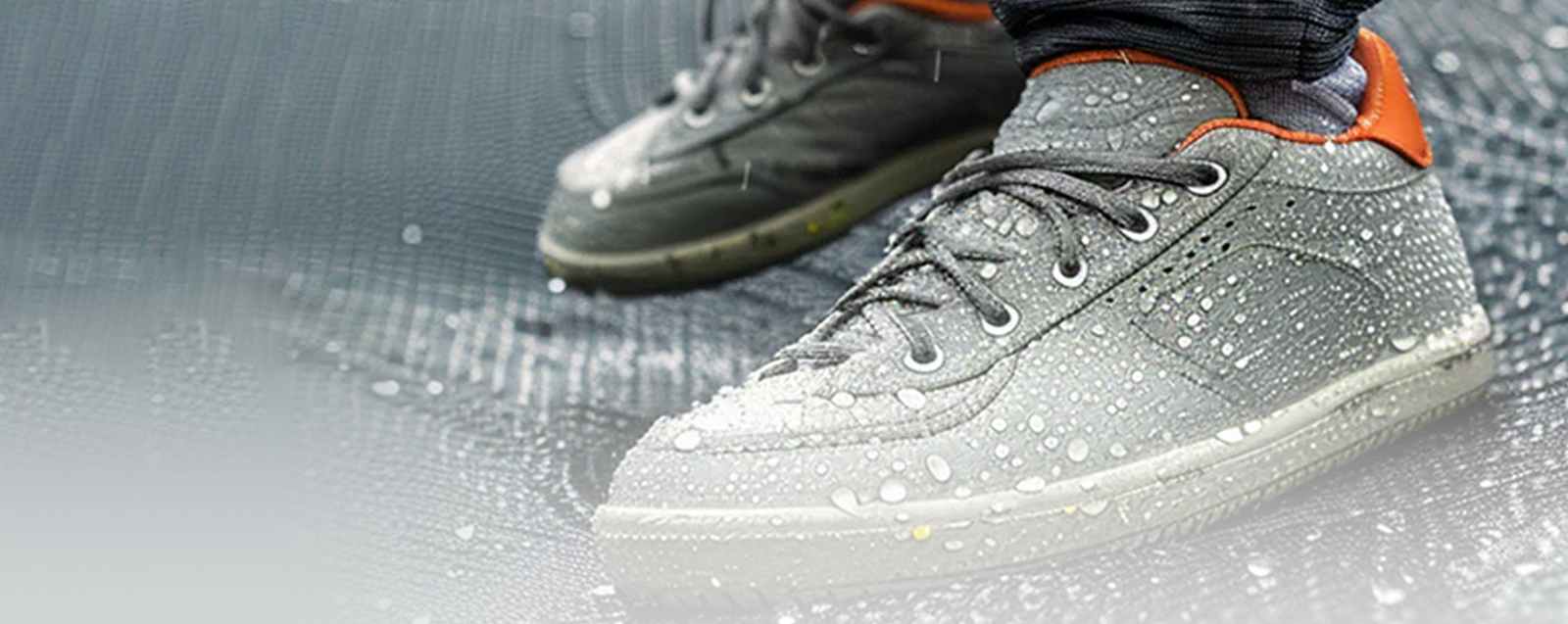Understanding Nanocoatings: Functionality & Benefits
Nanocoatings are transforming how surfaces are protected and maintained today. With advancements in nanotechnology, these ultra-thin, invisible coatings are now widely used across industries like automotive, textiles, construction, and more. Their ability to repel water, oil, dirt, and other contaminants has made them a preferred solution for long-lasting, easy-to-maintain protection.
These coatings form a seamless layer of nanoparticles that bond to the surface, creating a hydrophobic barrier. This barrier not only enhances durability but also simplifies cleaning and maintenance. One of the prime features of nanocoating is liquid repellency. Water, stains, and even oils bead up and roll off without affecting the surface. This makes nanocoating and superhydrophobic coatings ideal for protecting materials prone to water damage, such as fabrics, glass windows, wooden furniture, and stone surfaces.
The Science and Technology Behind Nanocoatings
Nanocoatings use tiny particles to cover surfaces, filling in small cracks and gaps to make them smoother. Superhydrophobic coatings are effective because they form strong chemical bonds with the surfaces they cover, ensuring good adhesion and long-lasting protection. By adjusting their chemical composition, we can customise nanocoatings to have specific properties, such as being water-repellent, antibacterial, or scratch-resistant.
How Nanocoatings Work: Understanding the Technology and Applications
At the heart of nanocoatings is the concept of molecular bonding. Nanoparticles, which are thousands of times smaller than the width of a human hair, penetrate and fill the microscopic pores of the material’s surface. This process produces a smooth, protective layer that repels liquids and particles, similar to what’s seen in superhydrophobic coatings used in high-performance industries.
Key features of nanocoatings include:
- Hydrophobic & Oleophobic Properties: Nanocoatings ensure water and oils bead up and roll off the surface, preventing liquid damage and stains.
- Enhanced Durability: The molecular bond formed with the material strengthens surfaces, making them resistant to abrasion, corrosion, UV rays, and chemicals.
- Self-Cleaning Effect: The dirt-repellent nature ofsuperhydrophobic coatings leads to a self-cleaning effect, which keeps surfaces cleaner for longer and reduces the need for harsh cleaning products.
- Invisible & Non-Altering: Nanocoatings are so thin that they don't change the appearance or feel of the material. Surfaces remain visually the same but with superior protection.
Nanocoating Applications Across Diverse Industries
Nanocoatings have a wide range of applications across various industries, listed below are few:
- Automotive - Nanocoatings protect vehicle paint, windshields, and interiors from scratches, stains, and environmental damage, enhancing both aesthetics and durability.
- Textiles - Nanocoatings on textiles provide water and stain resistance, enhancing the durability of fabrics while making them easier to clean and maintain.
- Medical - Medical equipment benefits from nanocoatings that prevent bacterial growth and facilitate easier cleaning, ensuring higher hygiene standards in healthcare settings.
- Wood - Nanocoatings protect wooden surfaces from moisture and rot, while also increasing resistance to scratches and wear, preserving the material's integrity over time.
- Electronics - In electronics, nanocoatings safeguard devices from water damage, improve scratch resistance, and enhance overall durability, making them more reliable for everyday use.
- Construction - In the construction industry, nanocoatings extend the lifespan of building materials by making them resistant to weathering, moisture, and other environmental factors.
- Glass & Ceramics - Nanocoatings improve glass visibility with anti-fog and scratch resistance, while enhancing ceramics by increasing strength and resistance to chipping, cracking, and staining.
Nanocoatings represent a groundbreaking advancement in surface protection, leveraging the power of nanotechnology to deliver unmatched durability and ease of maintenance across various industries. Their ability to repel contaminants, enhance surface longevity, and provide self-cleaning properties makes them a versatile solution for many applications. As industries continue to seek innovative ways to improve product performance and longevity, the integration of nanocoating technologies becomes increasingly vital.
For those looking to implement advanced nanocoating solutions, Vetro Power offers a comprehensive range of high-performance products tailored to meet the specific needs of different sectors.
Explore their solutions at https://vetropower.in/ to discover how these cutting-edge coatings can elevate the quality and resilience of your surface and materials.






